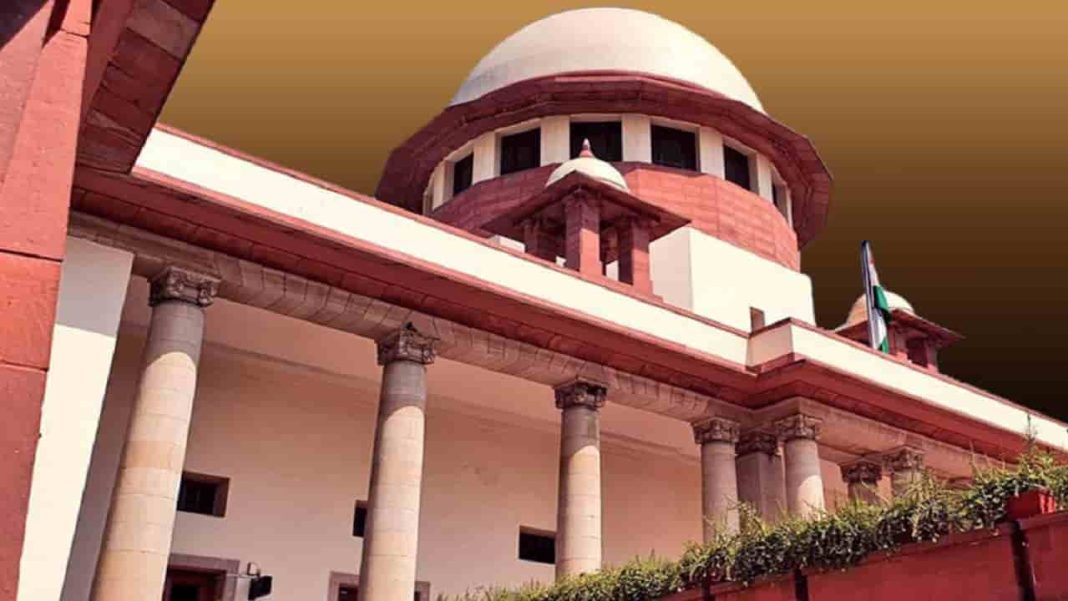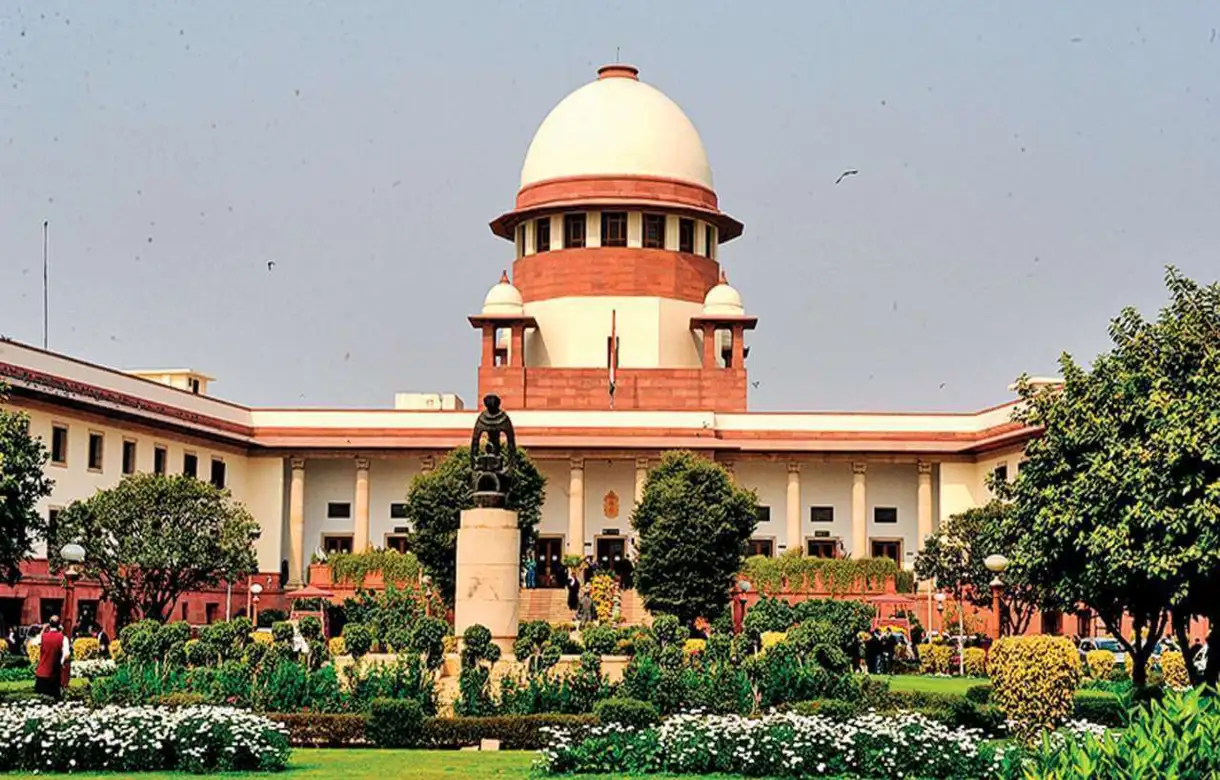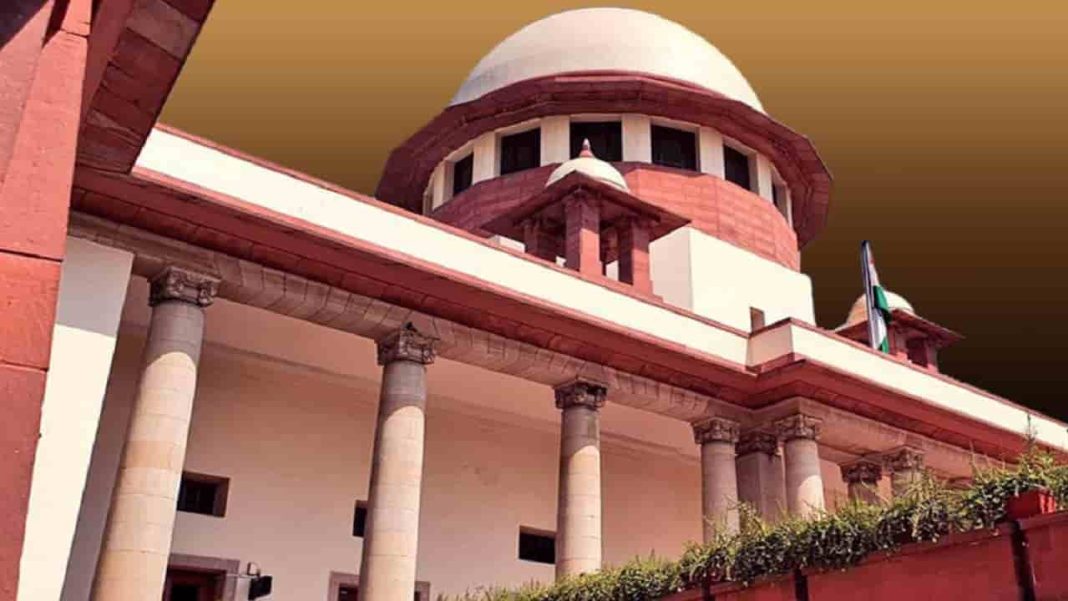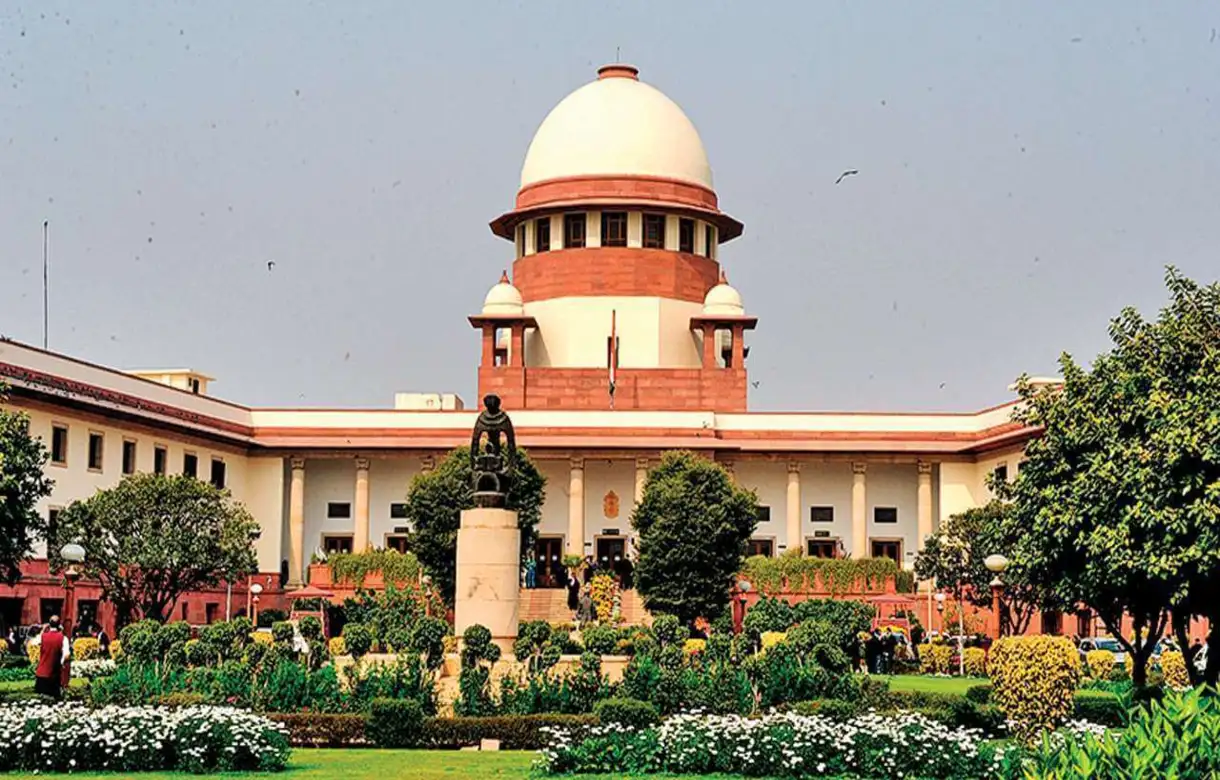
The Supreme Court on Friday dismissed all the petitions seeking 100 percent cross-verification of Electronic Voting Machines (EVMs) data with Voter Verifiable Paper Audit Trail (VVPAT) records.
As the country went for the second phase of Lok Sabha elections 2024, the Bench of Justice Sanjiv Khanna and Justice Dipankar Datta authored separate, yet concurring judgments on the matter.
The pleas were earlier reserved for orders on April 18, but they were listed again on April 24 after the Apex Court sought technical clarifications from the Election Commission of India.
The Bench delivered the verdict today after taking into consideration the answers given by the EC.
The Apex Court ruled that after referring to the protocol in place, the technical aspects and the data on record, it has rejected the prayers seeking complete EVM-VVPAT verification, directions to go back to ballot paper voting, and giving VVPAT slips to voters to put them in the ballot box.
The Bench further directed that on completion of the symbol loading process in the VVPAT undertaken on or after May 1, 2024, the Symbol Loading Unit (SLU) should be sealed and secured in containers.
It ordered the candidates or their representatives to sign the seal, adding that the sealed containers containing the SLUs shall be kept in the strong rooms along with the EVMs at least for a period of 45 days post the declaration of results.
The same should be opened, examined and dealt with as in the case of EVMs, added the top court of the country.
It further directed that the burnt memory semi controller in 5 percent of the EVMs, that is the Control Unit, Ballot Unit and the VVPAT, per assembly segment of the Parliamentary constituency, shall be checked and verified by a team of engineers from the manufacturers of the EVM post the announcement of results on a written request made by candidates who were at places 2 and 3 behind the highest polled candidate.
The candidates or their representatives, who were at places 2 or 3, shall identify the EVMs by the polling station or the serial number, directed the Bench.
It said all candidates and their representatives shall have the option to remain present at the time of verification. Such a request should be made within seven days of the declaration of the results.
The District Election Officer, in consultation with the team of engineers, were directed to certify the authenticity and intactness of the burnt memory microcontroller.
It said after the verification process was conducted, the actual cost or the expenses for the said verification should be notified by the ECI and the payment of the said expenses should be borne by the candidate making the said request.
It further ordered refund of expenses in case the EVMs were found to be tampered
Justice Khanna directed the ECI to examine the suggestion for an electronic machine for vote counting the paper slips and whether along with the symbol, there can be a bar code for each party.
While referring to the additional points of his judgment, Justice Datta observed that blindly distrusting a system can lead to unwarranted skepticism.
It said a critical yet constructive approach guided by evidence and reason should instead be followed to ensure the system’s credibility and effectiveness.
Filed by NGO-Association for Democratic Reforms, Abhay Bhakchand Chhajed and Arun Kumar Aggarwal, the petitions prayed that instead of the prevalent procedure, where the Election Commission cross-verified EVM votes with VVPATs in only five randomly selected polling stations in each Assembly constituency, all VVPATs should be verified.
They further sought measures to ensure that a vote was ‘recorded as cast’ and ‘counted as recorded’.
The petitions were opposed by the ECI, which termed it as another attempt to cast doubt over the functioning of EVMs and VVPATs on ‘vague and baseless’ grounds.
The Commission further contended that counting all VVPAT paper slips manually, as suggested, would not only be labor and time-intensive, but also prone to ‘human error’ and ‘mischief’.
Calling EVMs as non-tamperable, the Commission said that voters did not have any such fundamental right as claimed by the petitioners.
Source | Powered by Yes Mom Hosting





